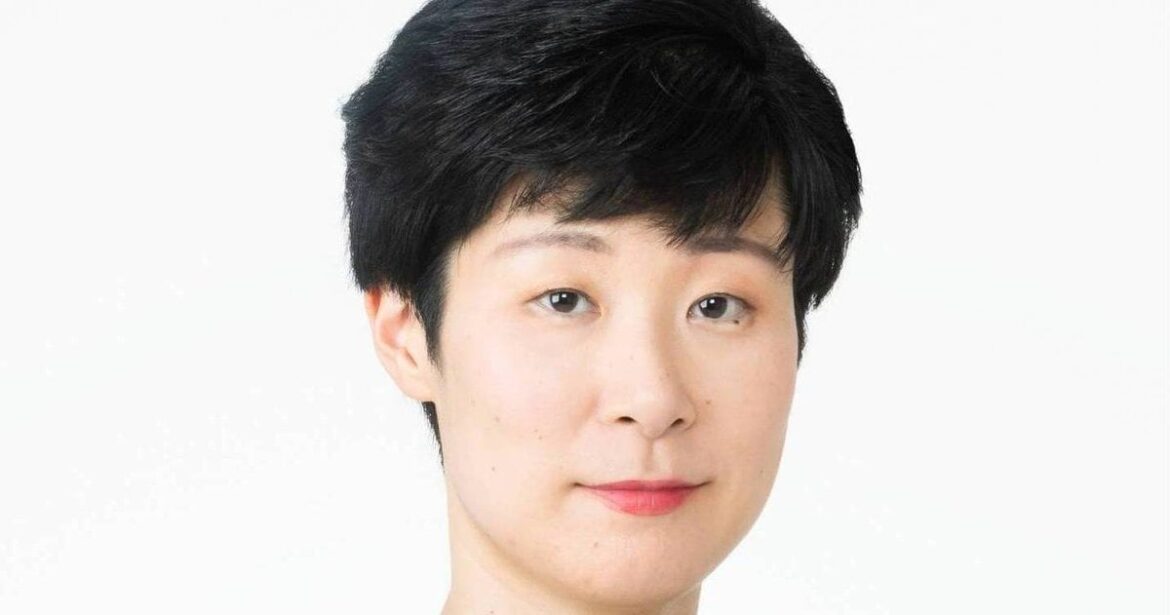As Japanese companies are increasingly expanding their businesses globally, multiple firms have reported their overseas subsidiaries being hit by ransomware attacks in the United States, Vietnam, Thailand, Singapore and Taiwan.
To manage supply chain risks and ensure business continuity, it is becoming more crucial than ever to ensure global governance in cybersecurity and keep proper data backups, the principle of least privilege and network segmentation.
Surprisingly, Japan is the country where ransomware infection ratio is lowest amongst 15 major countries such as the United States, the United Kingdom, France and Germany.
Also, more Japanese victims choose not to pay a ransom to criminal groups than other countries.
Yukimi Sohta, Chief Cybersecurity Evangelist at Proofpoint, analyses that companies tend to back up more in Japan prone to many natural disasters – the Japanese culture discourages organisations to provide payoff to criminals and Japanese cyber insurance does not cover ransom payment.
How do regional geopolitical tensions and emerging technologies such as 5G and quantum computing shape Japan’s national cybersecurity priorities and public–private collaboration?
The beginning of the war in Ukraine urged Japan to enhance its national security capabilities in all domains, including cyberspace, and release the new National Security Strategy in December 2022.
Since Tokyo was selected to host the 2020 Summer Olympic and Paralympic Games in September 2013, the Japanese government and industry have been prompted to strengthen Japanese cyber defences and public-private partnerships to share cyber threat intelligence and best practices.


AloJapan.com